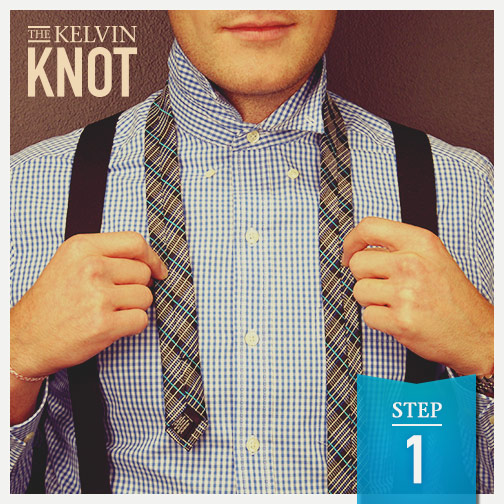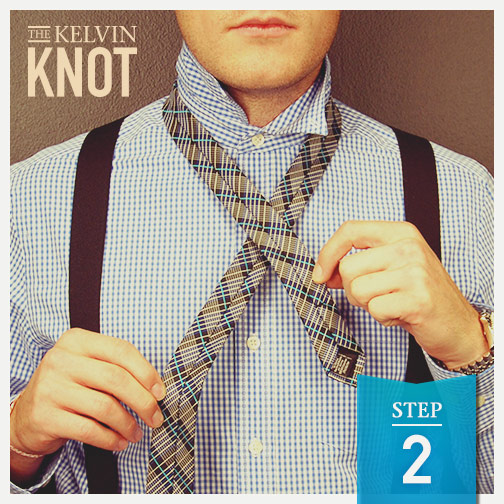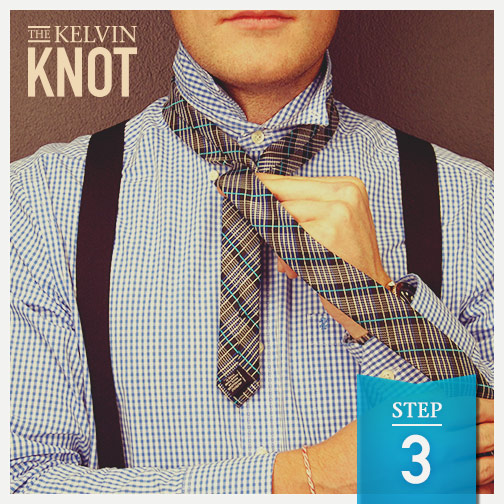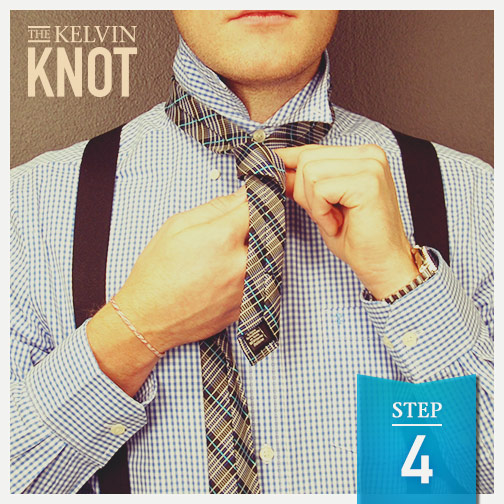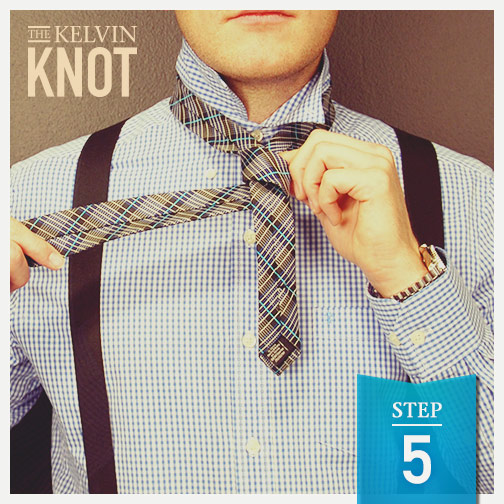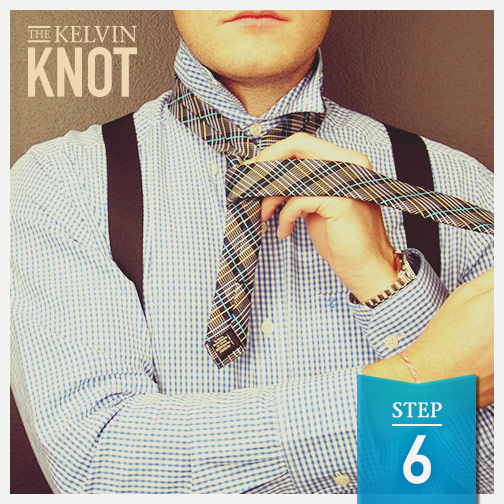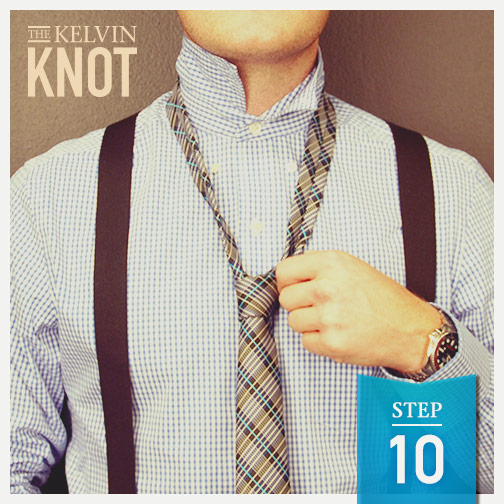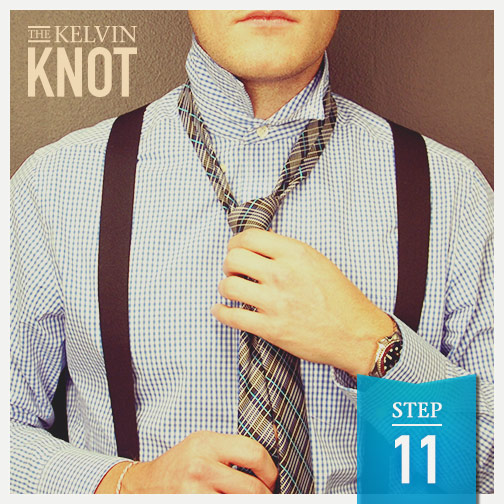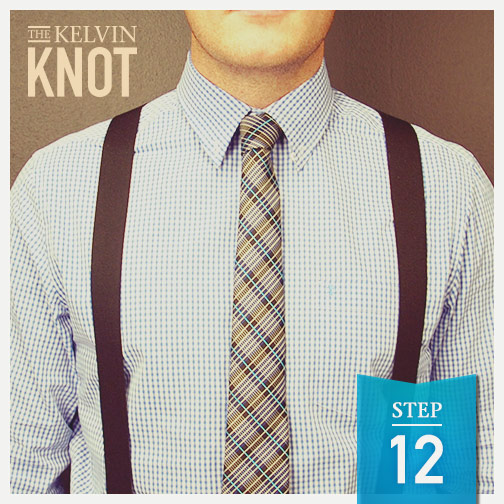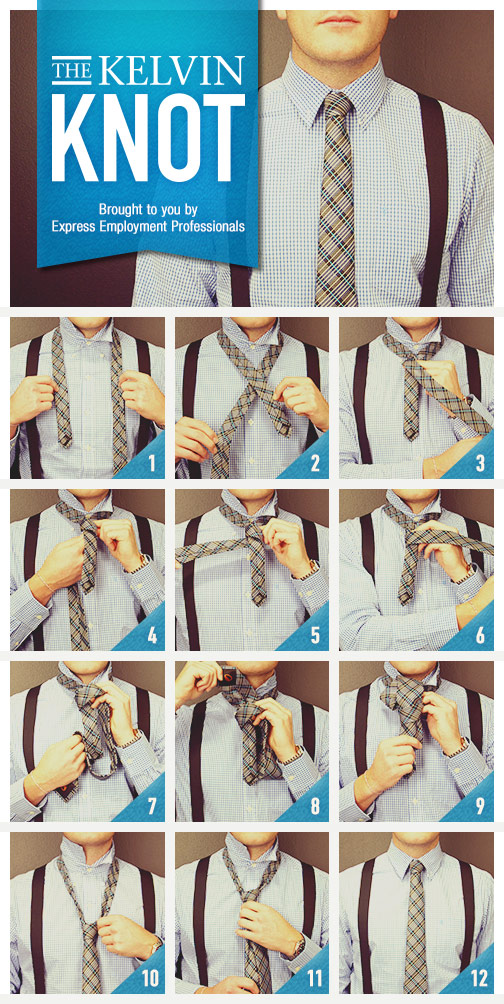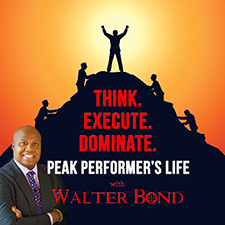 Today, Express Employment Professionals is hosting a leadership event featuring speakers including the comedian Dan Aykroyd, entrepreneur Daymond John, and inspirational storyteller Liz Murray.
Today, Express Employment Professionals is hosting a leadership event featuring speakers including the comedian Dan Aykroyd, entrepreneur Daymond John, and inspirational storyteller Liz Murray.
As the event occurs, we here at Movin’ On Up will be live blogging the speeches and bringing you the highlights from the event. So keep reading as we update this blog post with job search advice, leadership wisdom, and stories of hope straight from our celebrity speakers.
Liz Murray
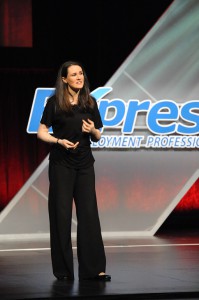 This speaker went from being a homeless teenager in the Bronx to a scholarship student at Harvard. Her story of success and overcoming obstacles is something we can all learn from. Here’s what Liz has to say:
This speaker went from being a homeless teenager in the Bronx to a scholarship student at Harvard. Her story of success and overcoming obstacles is something we can all learn from. Here’s what Liz has to say:
“I had given up on myself. Then, I had some life-changing experiences that sent me back to get my education and wanting to be alive and passionate about my journey.”
Liz’s advice for people who are about to give up on themselves:
“Lead with your heart and the rest will follow.”
“Everybody has a story.”
Liz says that we all face difficulty and the feeling of wanting to give up. She said this feeling is a human issue. But, what do we do when we come to these moments in our lives when we would rather give up and check out? Where do you focus? Where do you draw from inside of you to change your life?
According to Liz, you rely on other people. “I think no one gets where they’re going alone,” she said.
“We drastically underestimate how powerful we are when it comes to our capacity to change the lives of those around us. We are infinitely powerful to enact change in this world.”
“People will grow into the conversations you create around them.”
Liz Murray’s story is an inspiring tale of survival. When she and her sister were hungry as children, they would go door to door looking for food. It wasn’t about thriving, but handling the day-to-day.
Despite her tough past, she wasn’t bitter about it. She justifies what she went through with a simple thought:
“People can’t give you what they don’t have.”
We all have struggles we’re dealing with, but it’s important to take ownership of those struggles. Liz points out that no one is going to fix all your problems for you. You have to be proactive and help yourself.
“There are gifts in where we come from. There are blessings in the past.”
Remember: “Everything we do has an impact.”
When someone walks into a room, your energy will go up or down. This means you’re impacting people whether you mean to or not. When you say you want to make a difference, you already are. It just depends what kind of difference you’re making. Is it good or bad?
“We all have the power to close our eyes and dream of a better life. We also have the capacity to lose our way.”
“You can leave this world with your dreams still inside of you.”
“There comes a point in your life where you just need to stop counting all the things you don’t have and be grateful for the things that you do. It’s the difference between resentment and gratitude.”
“No one knows what’s possible until they’re already doing it.”
When you’re feeling defeated, Liz wants you to remember that every new moment is a new opportunity.
Liz says her biggest takeaway is this:
Don’t let what you cannot do interfere with what you can do.
What are your what-ifs? What keeps you up at night? What are you waiting for?
So, what did you learn from Liz Murray’s advice on reaching your goals and overcoming obstacles? Share with us in the comments section below!
Dan Aykroyd
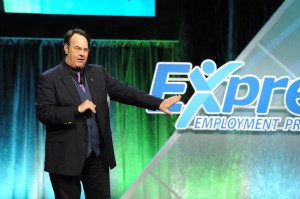 Dan Aykroyd has been in more than 100 motion pictures, including Ghostbusters. He was also a cast member on Saturday Night Live and currently owns his own company.
Dan Aykroyd has been in more than 100 motion pictures, including Ghostbusters. He was also a cast member on Saturday Night Live and currently owns his own company.
His opening words of advice: don’t give up. Whatever your dreams are, you have to stick to them.
Dan has a lot of advice on being a good leader, including:
Acknowledge emotions, listen, test your assumptions, don’t rush into every battle, don’t intrude or take control over others, motivate people and offer opportunities instead of obligations, encourage and inspire.
“Working together requires a genuine respect for people’s skills and talents.”
What one further accomplishment would Dan like to achieve in his career?
He wants to talk to young people who are interested in entering the workforce and help put them on the path of success. “You should read two books,” Dan advises. “John Lithgow’s book Drama and Steven Martin’s book Born Standing Up.”
What is Dan’s #1 word of advice for leaders?
“Back off sometimes and let the flow of what’s happening occur.”
In order to have an efficient team, Dan suggests getting to know everyone on the team first. Having time away from the office to learn about each team member can make a difference in the workplace.
When Dan’s having a bad day, what advice does he give himself to stay focused and confident?
“Take yourself out of the situation,” Dan says. “I go back in my shell and meditate and wait. Nine times out of ten, that resistance dissolves. Passivity dissolves resistance. If you’re not fighting back, there’s nothing for [people] to fight anymore.”
If Dan could work with one person he hasn’t worked with yet, who it would be?
The next generation of comedians: Will Ferrell, James Franco, Seth Rogen, Jonah Hill, and Kristen Wiig.
What did you learn from Dan Aykroyd’s experience in leadership and his advice on becoming a great leader? Share with us in the comments section below!
Daymond John
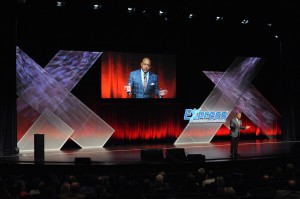 Daymond John is an entrepreneur, television star, and motivational speaker. He is one of the stars of the TV show Shark Tank and is the owner of FUBU, a clothing company he started in his mother’s basement. Daymond has a lot of experience when it comes to leadership and reaching your goals.
Daymond John is an entrepreneur, television star, and motivational speaker. He is one of the stars of the TV show Shark Tank and is the owner of FUBU, a clothing company he started in his mother’s basement. Daymond has a lot of experience when it comes to leadership and reaching your goals.
First, Daymond points out that business is about people. Next, he shares his goal for his time on stage:
“I want to tell you how to think like a ‘shark.'”
According to Daymond, we all need to think like entrepreneurs.
Daymond John had his first job at age six, selling handmade pencils at school. Later, he worked at the mall and Red Lobster. You have to start somewhere to land your dream job!
“Successful leaders know that business is about people. They care about each other, and they care about people.”
Before you start a business or try to accomplish a goal, you have to take inventory of yourself. You are an asset and liability to your dreams, so knowing what you have to offer will help you on your way.
First shark goal…
S: Set a goal. If you don’t set a goal, you allow others to set your goals for you.
“The most valuable asset in the world is people.”
To reach your goals, you have to be unafraid. When Daymond John wanted to start selling his own clothing, he wasn’t too scared to go to a famous rapper’s house and ask for his sponsorship. Daymond and his friends set up shop right in the rapper’s front yard and tried to convince that musician to buy their clothing.
Second shark goal…
H: Homework. You will never create anything new in this world, you will only create a new form of delivery. Do your homework and find your analytics first.
“You need OPM.” What is OPM? Other people’s mindpower. Other people’s marketing. Other people’s mistakes. These are things you need when you hit a low point and feel like giving up. Call in reinforcements to help you out!
Third shark goal…
A: Adore. Love what you do and love people. We can’t be successful without adoration of what we do and the people who help us get there.
Daymond on what he and his fellow Shark Tank stars do on the show:
“We don’t invest in companies, we invest in people.”
Fourth shark goal…
R: Remember. You are the brand. If you can’t describe yourself in two to five words, you leave it up to others to judge you themselves.
Daymond on the importance of keeping your social media accounts clean:
“Whatever is out there is what people’s perceptions of you are.”
Fifth shark goal…
K: Keep swimming. To be successful, you can’t give up.
What did you learn from Daymond’s advice on entrepreneurship, leadership, and goal-setting? Share with us in the comments section below!
Thanks for joining us for the Refresh Leadership Live event! We hope you learned from our speakers. Now, go set your goals and follow them!



 Looking professional both in interviews and on the job is an important element of your professional career life. To help you add a professional look to your wardrobe, we want to share easy how-to instructions for wearing common tie knots.
Looking professional both in interviews and on the job is an important element of your professional career life. To help you add a professional look to your wardrobe, we want to share easy how-to instructions for wearing common tie knots.